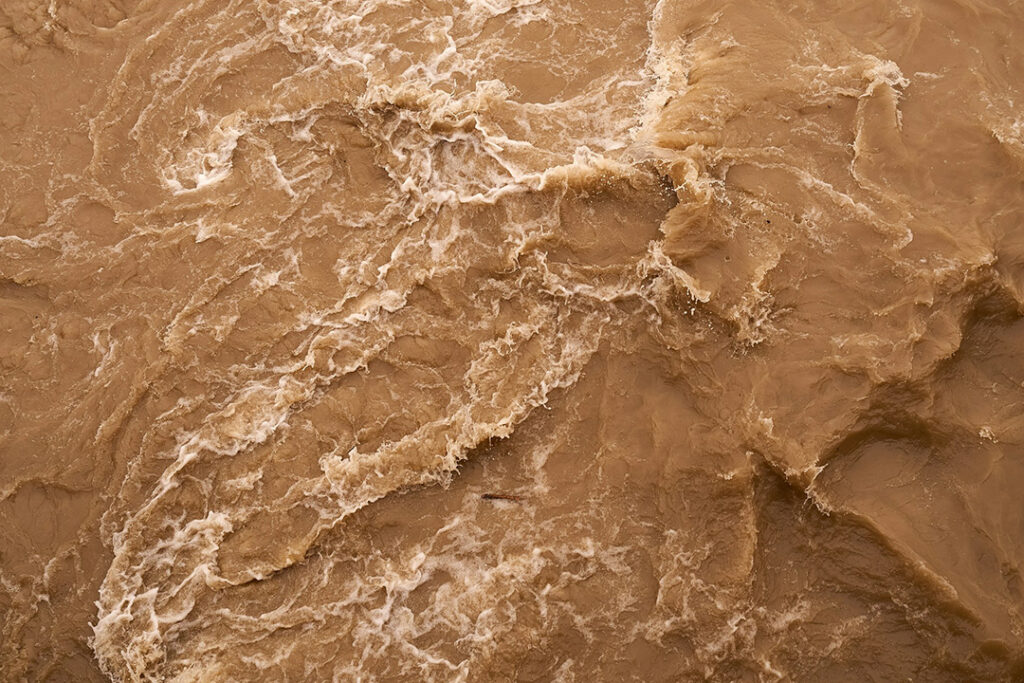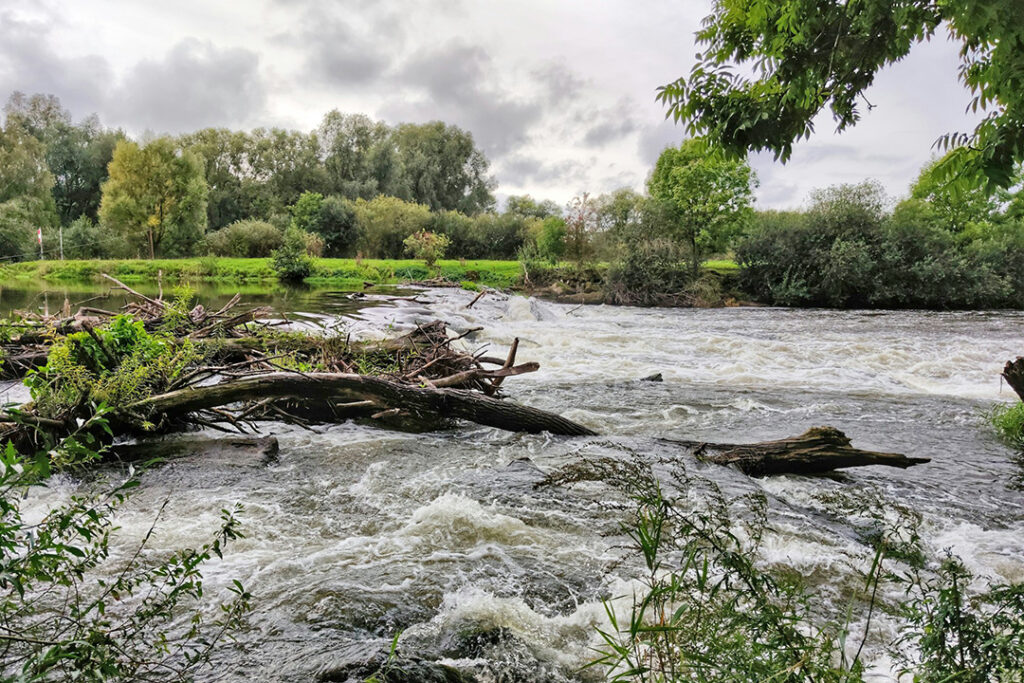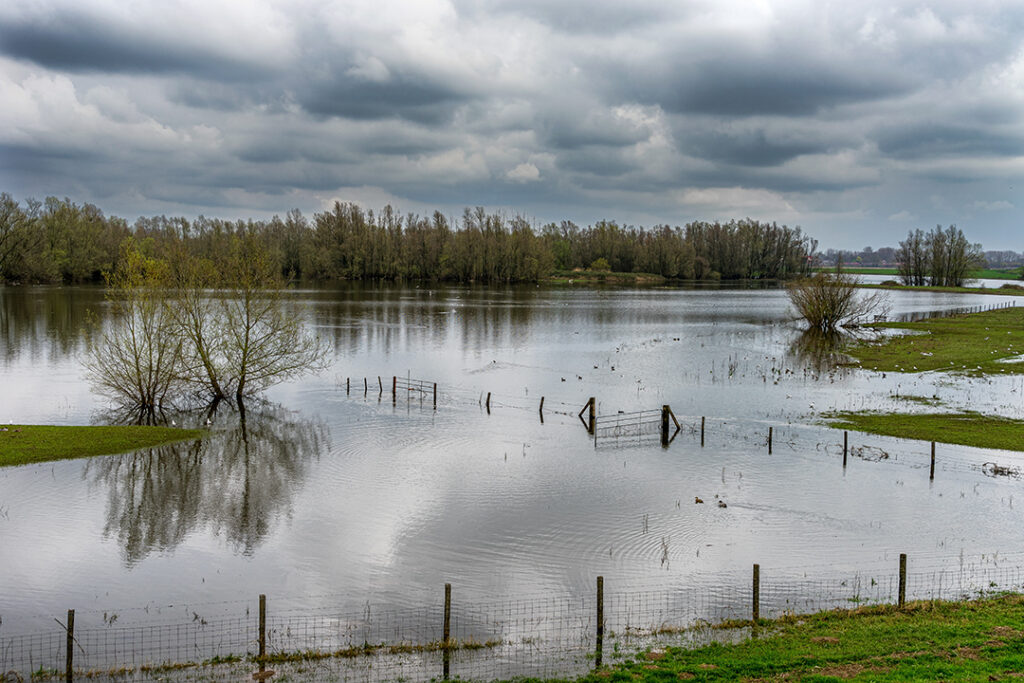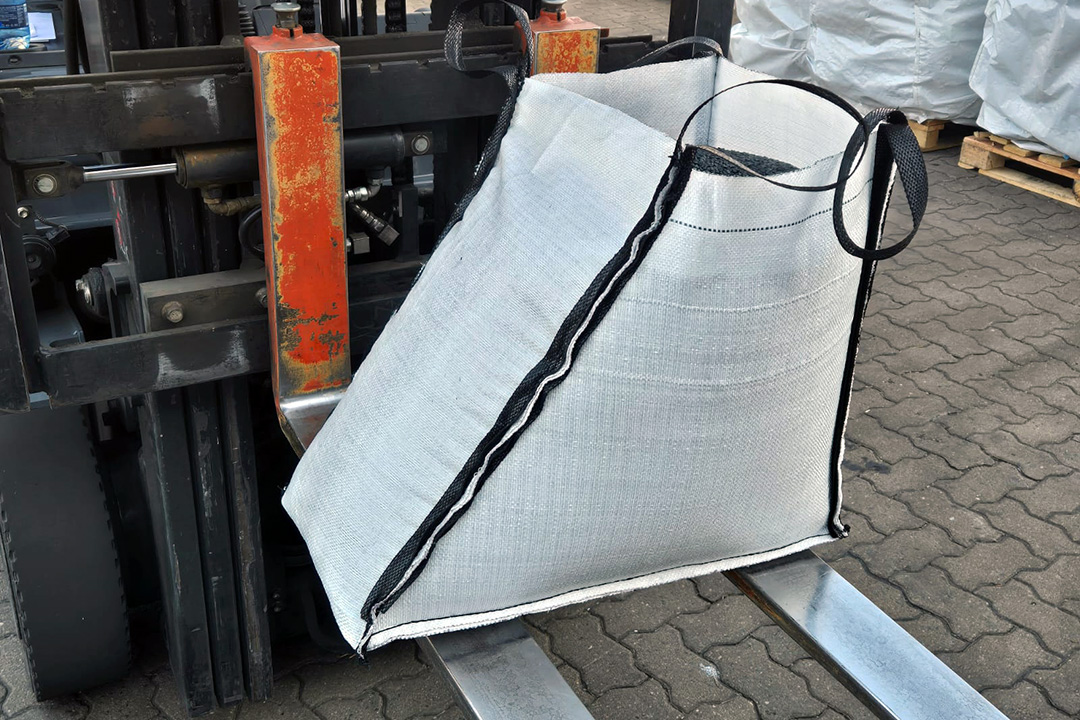Given that South Africa regularly experiences erratic weather patterns, such as extreme droughts and floods, the sandbag is an essential tool for disaster planning and water management. Sandbags are used for rerouting floodwater or for agricultural use in constructing temporary coffer dams.
Custom Bulk Bags (CBB) is a reputable manufacturer and supplier of bulk bags and sandbags in South Africa. We make up to 3.5 million bulk bags every year, and our products can safely hold between 500kg and two tonnes each. Our sandbags are a more recent addition to our inventory, but have already been highly useful in various applications across the country.
The yearly recurrence of floods in SA, especially in KwaZulu-Natal, the Western Cape and the Eastern Cape, makes sandbags a necessity for authorities. They are easily accessible and dependable flood control tools that do not cost a fortune to manufacture. But how long do these disaster management products last, especially when they are subjected to the elements they are designed to control?

How long do woven polypropylene sandbags last?
Woven polypropylene fabric is used to make modern sandbags because of its strength, durability, and affordability. Unlike hessian or burlap materials, these woven tapes of plastic are extremely durable and strong. However, the lifespan of polypropylene sandbags is affected by exposure to the elements and certain conditions.
- Dry sandbags (optimal storage) – A woven polypropylene sandbag can last between five and seven years if properly stored in a cool, dry place away from harsh sunlight and temperatures. The polypropylene maintains its structural integrity and resistance to deterioration under these ideal circumstances.
- Wet sandbags – Sandbags submerged in water or left out in direct sunlight will have a shorter lifespan. In most cases, a sandbag may only last six to eight months if it is constantly immersed in water or exposed to sunlight. During prolonged immersion in swiftly moving water or continuous exposure to intense UV rays, their integrity may be jeopardised in as little as two to three months. The polypropylene material degrades more quickly when moisture saturation and UV radiation are combined.

Factors affecting sandbag lifespan
One of the main threats to polypropylene sandbags is UV damage, often known as photodegradation. The polymer chains in the plastic tapes are broken down by the UV rays, which makes the fabric brittle, weakens its tensile strength, and eventually causes it to dissolve. Long-term sun exposure will cause polypropylene to break down completely, even if it is a slow process.
Although sandbags are made to hold water, the fabric may eventually get weakened by constant saturation and immersion in water. Water can speed up chemical deterioration, and if the sand in the bag stays wet all the time, it may cause internal pressure fluctuations and even microbial development, which would put further strain on the fabric. In addition, the bags become heavier and more prone to breaking when handling once immersed in water.
On top of these environmental influences, physical stresses are also important to consider. This covers the strain experienced during initial installation and subsequent removal, the abrasive action of flowing water, impacts from debris, and the continuous pressure from the weight of the sand. A sandbag’s lifespan will be shortened if they are dragged, poorly stacked, or forced into contact with sharp objects.
Lastly, the intrinsic durability and resistance to environmental stressors are directly influenced by the quality of the woven polypropylene fabric, including its denier (thickness of yarn), weave density, and the type and quantity of UV inhibitors applied during manufacture. CBB can apply UV-resistant coatings to prolong the lifespan of sandbags, but all of our products are made from high-quality raw materials.

Taking care of sandbags to extend their life
Sandbags must be handled and cared for properly to extend their lifespan and effectiveness. Choose sandbags that are made especially with UV-resistant coatings or inhibitors sprayed onto the polypropylene. Fix any damage as soon as you notice it. Waterproof tape can be used to repair small rips or punctures. Minor damage can be fixed right away to keep it from getting worse and jeopardising the integrity of the sandbag.
Sandbags should be kept indoors away from direct sunshine, rain, and extremely high or low temperatures while not in use. Another way to avoid dampness is to raise them off the ground by stacking them on wooden pallets. Before storing them, empty sandbags that have been submerged in water and let the sand and the bags dry fully. Wet bag storage promotes the growth of mould and speeds up the deterioration of fabrics.
Don’t throw or drag sandbags. Reduce the strain on the fabric and seams by using the right lifting techniques. Handle them with care and they will last many years. Finally, rotate stock. To guarantee that older bags are used before they deteriorate, use a rotation strategy (first in, first out) if you are keeping a large inventory for disaster preparation.

Your trusted supplier of superior sandbags
Our sandbags are dependable products for the construction, agriculture, and disaster relief industries. Durability and performance are our top priorities as a top supplier of premium FIBCs and sandbags. Our premium-grade, UV-stabilised woven polypropylene sandbags are made to provide exceptional resistance to environmental deterioration.
Sandbags can be tailored to meet individual requirements, such as different fabric weights, sizes, and increased UV protection levels, to guarantee the best possible lifespan in a range of environments. Our goal is to help you protect your communities and property by offering you reliable, strong sandbags that can handle water management jobs. For more information about our sandbags, please contact us today.
___
Custom Bulk Bags is a leading South African manufacturer of woven polypropylene bags for various industries, including mining, chemicals and agriculture. We are a Level 2 B-BBEE manufacturer and supplier owned by Deneb Investments Limited. For more information on our products, email sales@custombulkbags.co.za.
